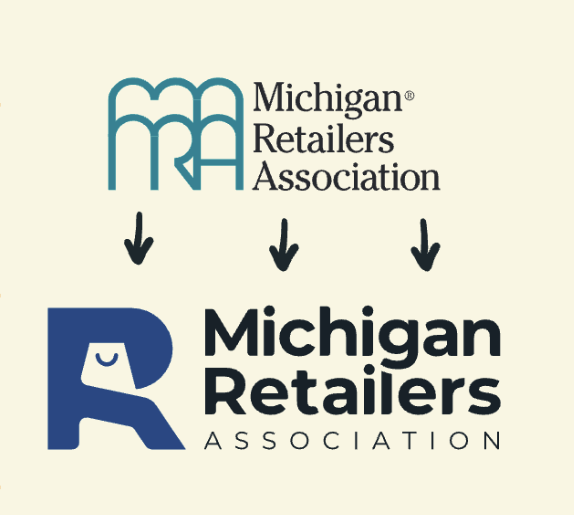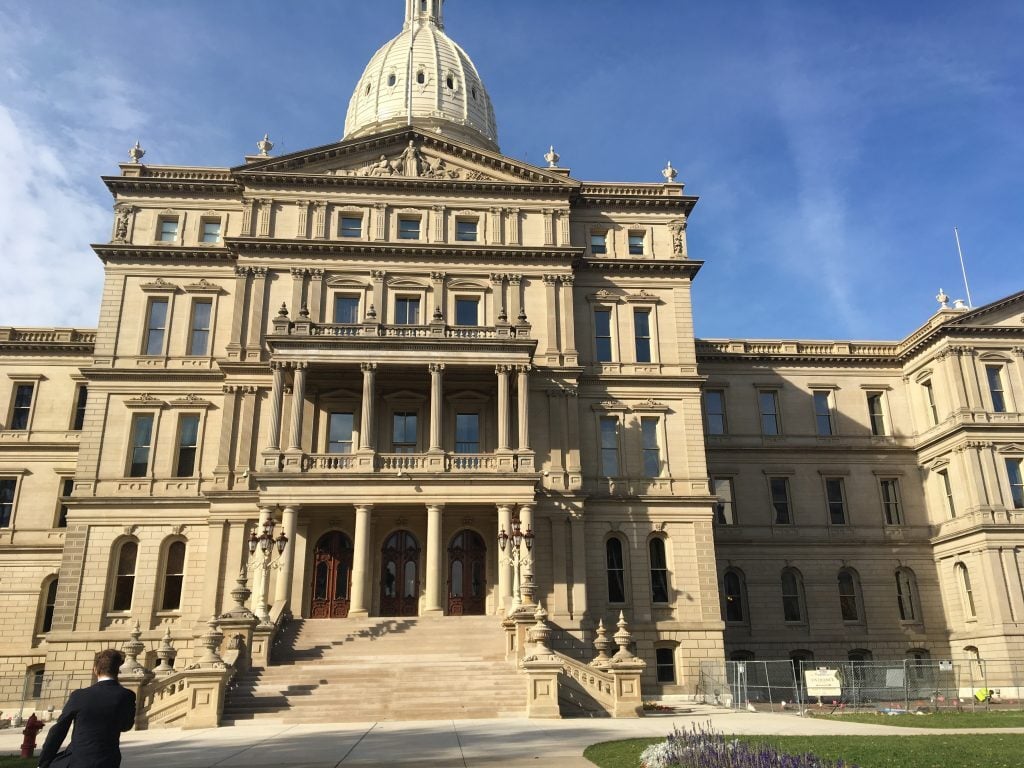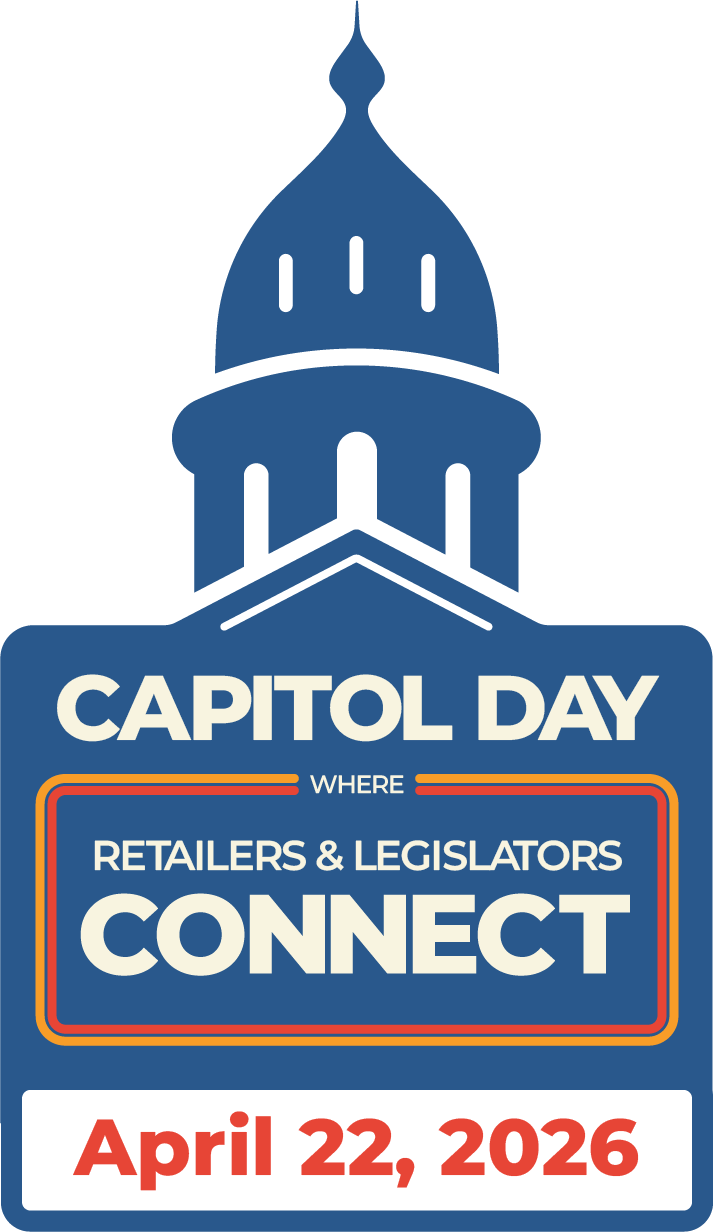In this issue:
- U.S. Department of Labor issues final overtime rule
- State releases transportation/return guidance on flavored vaping products
- MRA’s marketplace bills one step closer to completion
- House takes testimony on automatic expungement of certain crimes
- House declares Oct. 4-6 Buy Nearby Weekend in Michigan
- Senate committee moves cough syrup bill, discusses PSE limits
- Regulatory round-up
U.S. Department of Labor issues final overtime rule
On September 24, 2019, the U.S. Department of Labor announced a final rule to make 1.3 million American workers newly eligible for overtime pay. The final rule updates the earnings thresholds necessary to exempt executive, administrative and professional employees from the Fair Labor Standards Act’s (FLSA) minimum wage and overtime pay requirements by raising the “standard salary level” from the currently level of $455 per week to $684 per week (equivalent to $35,568 per year for a full-year worker). The new thresholds account for growth in employee earnings since the thresholds were last updated in 2004 but are below the proposed Obama-era levels that would have more than doubled the thresholds and were struck down by a Texas court in 2016.
The final rule:
- Raises the “standard salary level” from the currently enforced level of $455 per week to $684 per week (equivalent to $35,568 per year for a full-year worker);
- Raises the total annual compensation level for highly compensated employees from $100,000 to $107,432 per year;
- Allows employers to use nondiscretionary bonuses and incentive pay to satisfy up to 10% of the standard salary level; and
- Revises the special salary levels for workers in U.S. territories. The final rule takes effect Jan. 1, 2020.
Employers should review employee’s salaries and tasks against to the duties test before making any changes ahead of the Jan. 1, 2020 implementation date.
State releases transportation/return guidance on flavored vaping products
Late last week, the Michigan Department of Health and Human Services (MDHHS) issued an interpretive statement on vaping emergency rules that offers guidance on the possession of and transportation/return of flavored vaping products. MDHHS clarified that you can possess these products so long as the individual and/or retailer does not intend to sell them. They offer specific ways to clearly show the intent is not to sell the products in the guidance. They also answered MRA’s question on how to return products to vendors by stating that yes, products can be returned and transported out-of-state to non-Michigan retail locations or vendors.
Also of note, New York’s similar rule that was slated to take effect on Oct. 4 was stopped by a temporary restraining order. The court will rule on a preliminary injunction at an Oct. 18 court date. Michigan manufacturers and retailers tried similar methods but were denied temporary relief by Michigan judges. There is still pending litigation challenging the validity of the emergency rule but until the courts review and rule on those pending state and federal cases, the emergency rule remains in place in Michigan.
Finally, last week MDHHS also reported the state’s first death from a vaping-related lung injury. The investigation is on-going and MDHHS is working closely with the Centers for Disease Control and Prevention and the federal Food and Drug Administration to get additional information that can help identify the ingredients in the vape materials that is making people sick. So far, no specific brand of device or e-liquid has been identified. The state warned e-cigarette and/or vaping users to seek immediate medical attention if they develop symptoms such as shortness of breath, chest pain, cough, fever and/or nausea and vomiting.
MRA’s marketplace bills one step closer to completion
This morning, the House Ways and Means Committee reported out HB 4540–4543, bills that seek to close the marketplace loophole and codify the Wayfair decision. MRA has been defending against some unreasonable amendments that would water down the bills as well as add various exemptions for certain sellers and products. The bills were amended to exclude sales of telecommunications services and ensure that wholesalers who do not make any retail sales don’t have to file $0 returns with the department, just as it currently applies for Michigan based wholesalers. We’ve been told the House will act quickly on the bills taking them up either this week or next. Next steps: House floor vote. MRA Position: Support (we hope the telecommunications amendment added to HB 4541 will be removed in the Senate).
House takes testimony on automatic expungement of certain crimes
A package of bills introduced in late September as HB 4980–4985 would allow automatic expungement of non-assaultive crimes, serious misdemeanors or other offenses punishable by 10 or more years imprisonment from an individual’s record. The bills add certain traffic offenses to the list of crimes that someone can petition the court for expungement as well as expunging crimes like marijuana-related offenses that are no longer crimes under Michigan law. The package would expunge up to two felonies if more than 10 years has passed since the completion of time served, parole, and restitution was paid etc. Individuals could expunge up to four misdemeanors if more than three years had passed.
Several groups are requesting changes to ensure expungement only happens automatically if the individual hasn’t been convicted of a subsequent felony or misdemeanor offense, which MRA supports. Organized Retail Crime and first-degree retail fraud (stealing over $1,000) would be automatically expunged after 10 years. An individual who has committed second- or third-degree retail fraud (stealing up to $1,000) could apply to have that crime expunged after just three years. Next steps: House Judiciary Committee vote. MRA Position: Under review.
House declares Oct. 4-6 Buy Nearby Weekend in Michigan
Rep. Steve Marino (R-Mt. Clemens) sponsored a resolution adopted by the House last week (HR 175) to declare Oct. 4-6 as Buy Nearby Weekend in Michigan. Next steps: None. MRA Position: Support.
Senate committee moves cough syrup bill, discusses PSE limits
The Senate Health Policy Committee moved HB 4412, which seeks to limit the sale or purchase of cold products that contain dextromethorphan to minors (under 18). Dextromethorphan is typically found in cough syrups. If signed into law, the bill would require retailers verify a person is over the age of 18 before allowing them to purchase the products. The Senate committee pushed back the implementation date to July 1, 2020 at MRA’s request and revised the penalties to mirror pseudoephedrine violations. The new penalties would be as follows: a retailer who sells to a minor or fails to check ID would be committing a civil infraction with a fine of not more than $100 for each violation; an individual under age 18 who attempts to purchase the product would committing a civil infraction with a fine of not more than $50 for each violation.
The committee also took testimony on SB 170, legislation that would lower the current allowable monthly limit of pseudoephedrine an individual can purchase from 9 grams to 7.2 grams. It would also set a 61.2-gram annual limit. MRA is neutral on the bill since the limits are acceptable to allow for realistic use by families without requiring a prescription. The committee has SB 170 on its agenda for later this week. Next steps: Senate floor vote on HB 4412, Senate Health Policy Committee vote on SB 170. MRA Position: Support HB 4412, neutral on SB 170.
Regulatory round-up:
- The Michigan Department of Health and Human Services has proposed carving-out the pharmacy benefit (managed care) to fee-to-service effective December 1, 2019. This means all Medicaid pharmacy benefits would be reimbursed using the NADAC + $10.64 reimbursement formula. Comments are due to MDHHS by November 4. MRA will submit comments and urges members to share their thoughts with us soon for inclusion.






